La vida en común (2019)
General Information
Completed On: 01 Apr, 2019
Duration: 1 hr 10 min 0 sec
Genres: Docu-Feature
Language: Spanish
Country: Argentina
Submitted By: Paula Saidón
Festival Rating
A puma stalks Pueblo Nación Ranquel, an indigenous community in the North of Argentina. Hunting is a rite of passage, and the older boys want to kill the puma. But Uriel chooses a different path.
La vida en común was shot in an indigenous community in the north of Argentina. The local government built twenty four concrete tents in the middle of the desert. A modern camp where lots of ranquels from nearby cities moved to. It is a community’s origin, and the origin of a scenography that is also the protagonist of this film.
-
DirectorsEzequiel Yanco
-
ProducersEzequiel Yanco
-
ProducersPablo Chernov
-
WritersEzequiel Yanco
-
CoproducersDavid Hurst
-
CoproducersAna Godoy
-
CoproducersJuan Godoy
-
CinematographerJoaquín Neira
-
Sound DesignerMercedes Gaviría Jaramillo
-
Director's AssistantIgnacio Ceroi
-
EditionAna Godoy
-
Producer CompanyIsoi Cine
-
Coproducer CompanyDublin Films
-
Coproducer CompanyHermanos Godoy
-
Film TypeDocu-Feature
-
Genres---
-
Runtime1 hours 10 minutes 0 seconds
-
Completion Date01 Apr, 2019
-
Production BudgetUSD
-
Country of OriginArgentina
-
Country of FilmingArgentina
-
Film LanguageSpanish
-
Shooting FormatDigital
-
Aspect Ratio1:1,85
-
Film ColorColor
-
Student ProjectNo
-
First-time FilmmakerNo
Sheffield Doc/Fest
United Kingdom
Sheffield
06/06/2019
BAFICI
Argentina
Buenos Aires
04/05/2019
Co-world Premiere
Award Best edition
Visions Du Reél
Sweden
Nyon
04/05/2019
Co-world Premiere
International Feature Film Competition
Director's Biography
Ezequiel Yanco is a historian and filmmaker based in Buenos Aires (1976). He received a bachelor's degree with honors in history from the University of Buenos Aires, and an MFA on creative writing from New York University. He taught at the Universidad del Cine in Buenos Aires. He has contributed to magazines such as Los Inrockuptibles and Le Nouvel Observateur. He co-edited Desconfiar de las imágenes (Caja Negra, 2013), a book that compiles a selection of Harun Farocki’s articles.
His filmography includes his feature film Los días (2012), and his shorts La piel (2014), and Transa (2014). La vida en común, which had been selected as a work-in-progress for BAL at the Buenos Aires Independent Film Festival (BAFICI) and for ARCHÉ at DocLisboa, had its co-world premiere at Visions du Réel (International Feature Film Competition, 2019) and BAFICI (National Feature Film Competition, 2019), and has also premiered in Sheffield Doc/Fest, Camden Film Festival, Biarritz Amerique Latine, Filmfest Hamburg, Viennale, among other festivals. He is currently developing Gloria de los bosques, the second film in the trilogy about the Conquest of the Desert, which began with La vida en común. Isoi Cine is his production company.
Director's filmography
Gloria de los bosques – Lenght film (Developing)
La vida en común (2019) – Length film
Los días (2012) – Length film
La piel (2014) – Short film
Transa (2014) – Short film
Director's Statement
On this film, I was interested in bringing together my academic training as a historian and my practice as a filmmaker, two careers paths that I have pursued separately until now.
I wanted to investigate the Conquest of the Desert, the land expropriation and genocide of the native population by the Argentinian army at the end of the 19th century, recording
at the same time the present of that territory and its inhabitants.
A few years ago, I went to the provinces of La Pampa and San Luis, looking for locations and characters for the film. In one of those trips, I found Pueblo Nación Ranquel, which caught my attention because San Luis had created an artificial community in the middle of the desert, to settle the Ranqueles families of the nearest villages. An experiment of communal life for various indigenous people who have never lived in a community before.
I setted the point of view of the film on Uriel and his passage towards adolescence. In this way, I could approach the games, activities and life experiences of the other kids and teenagers. Role-playing games have a strong fictional potential, transforming the documentary into narrative material. From Uriel’s point of view I got really close to their daily life, to the new experiences of the indigenous life, their cultural legacy and the socio-political tensions of the community, leaving in a permanent offscreen the lives of the adults.
Another point of interest of the Pueblo Nación Ranquel is the relationship between
architecture and identity. Built upon a scenographic space, architecture stages the Ranquel identity by combining their current ways of life with the commonly accepted idea of the
native people’s way of inhabitation linked to a rural habitat. This is a space of
coexistence of the ancestral and the futuristic, the archaic and the modern,
the cultural traditions and the experiences of contemporary life. Juxtaposing horses, motorcycles, cumbia, Youtube videos, cell phones and ancestral traditions the space make us think about the concepts of identity and culture as non-static forms.







